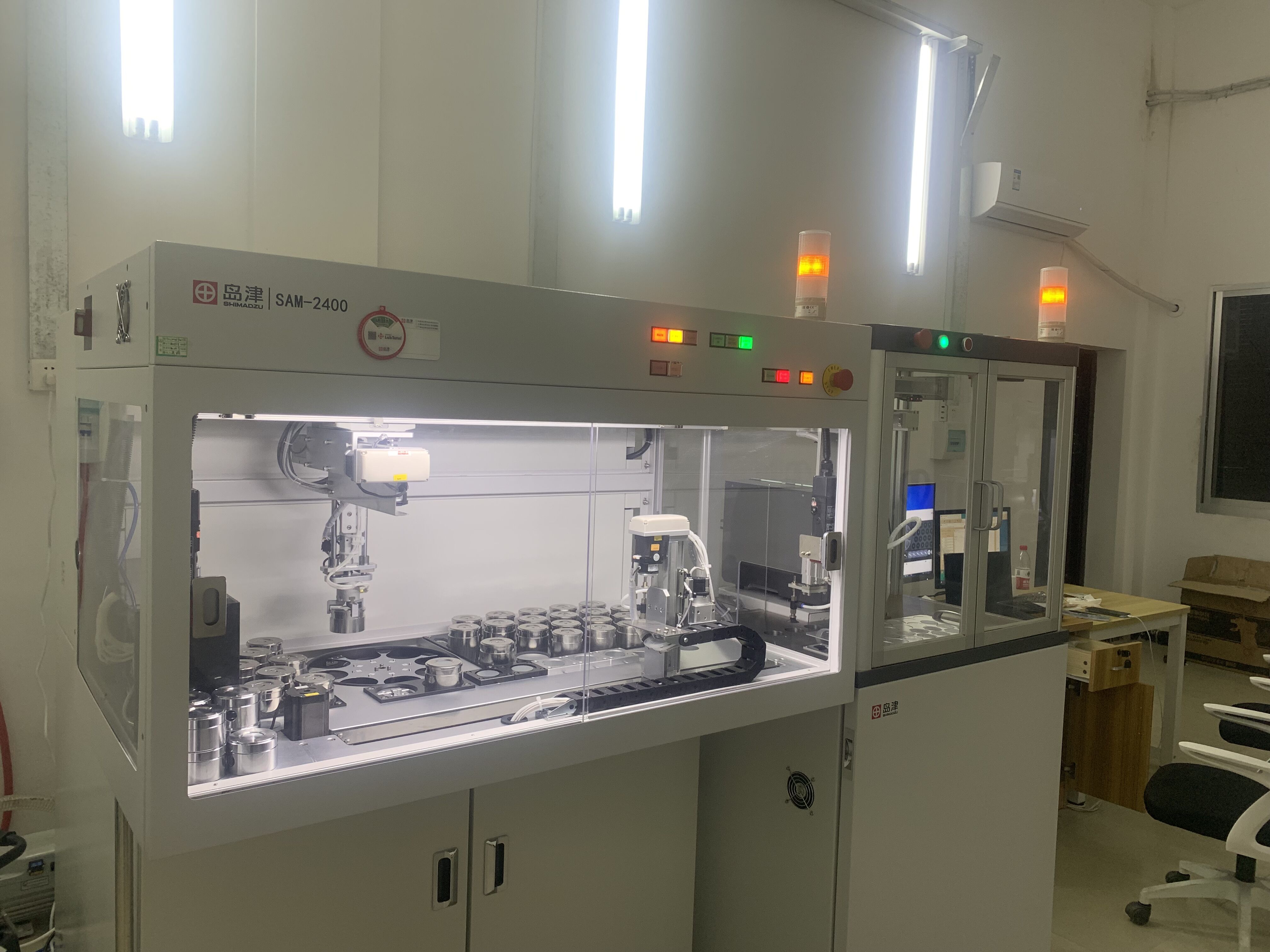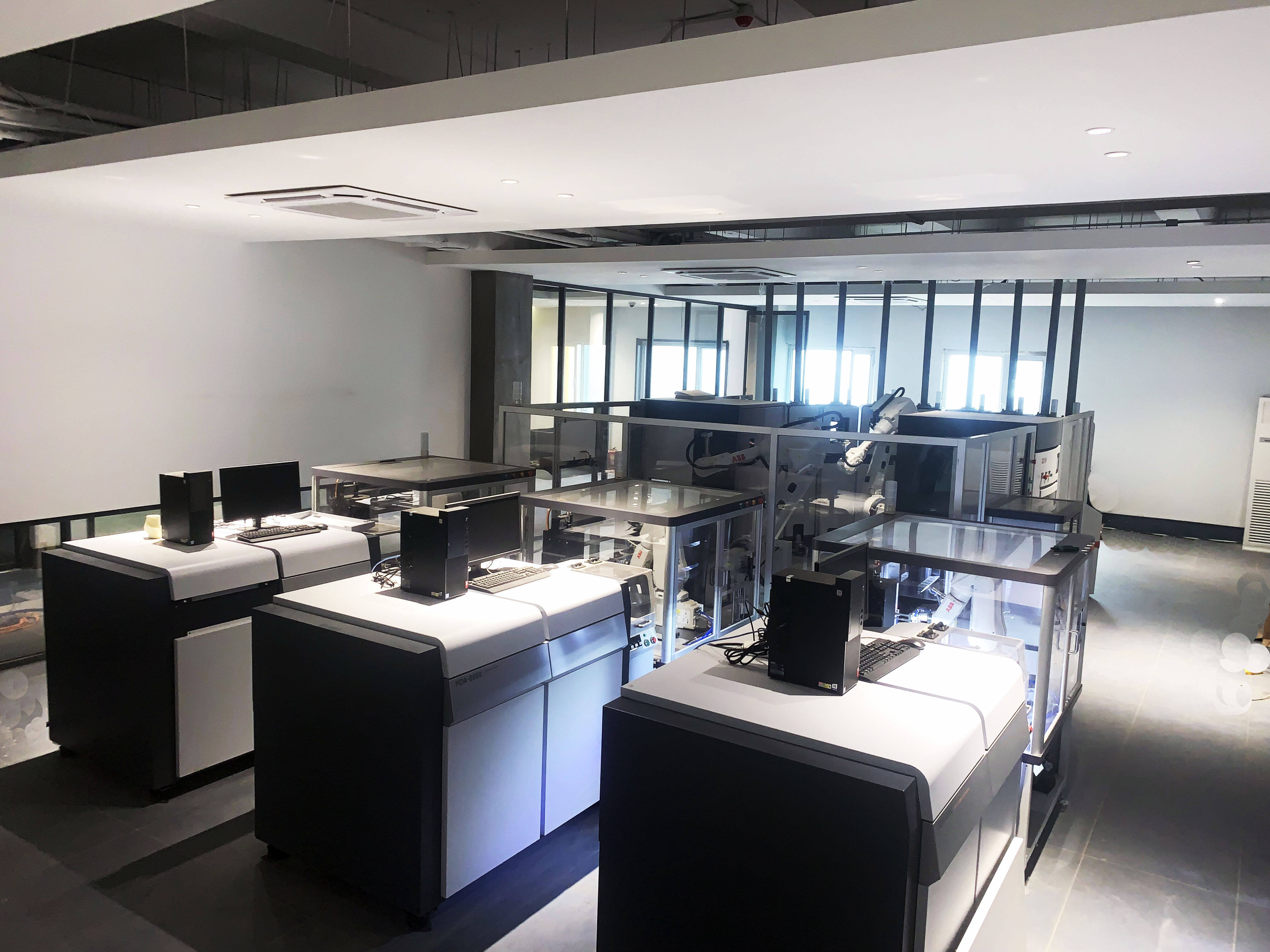plant automation
Plant automation represents a sophisticated integration of advanced technologies and control systems designed to streamline industrial processes. This comprehensive system combines hardware and software components to manage and optimize manufacturing operations, quality control, and resource allocation. At its core, plant automation utilizes programmable logic controllers (PLCs), distributed control systems (DCS), supervisory control and data acquisition (SCADA) systems, and industrial robots to execute precise operations with minimal human intervention. The system continuously monitors production parameters, environmental conditions, and equipment performance, making real-time adjustments to maintain optimal efficiency. Advanced sensors and actuators work in concert to gather data and implement necessary changes, while intelligent algorithms process information to predict maintenance needs and prevent potential failures. This technology extends across various industrial sectors, from discrete manufacturing to continuous process industries, enabling facilities to maintain consistent product quality, reduce operational costs, and enhance workplace safety. Modern plant automation systems also incorporate Industry 4.0 principles, featuring IoT connectivity, cloud computing capabilities, and advanced analytics tools that provide comprehensive insights into plant operations and performance metrics.

